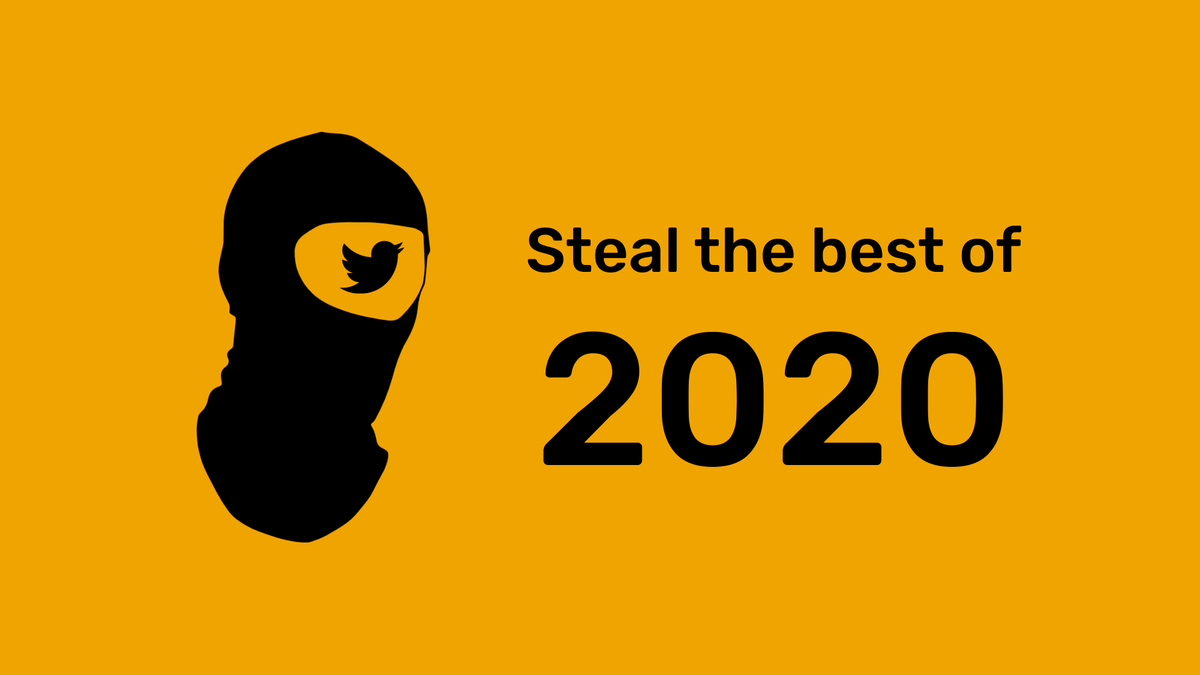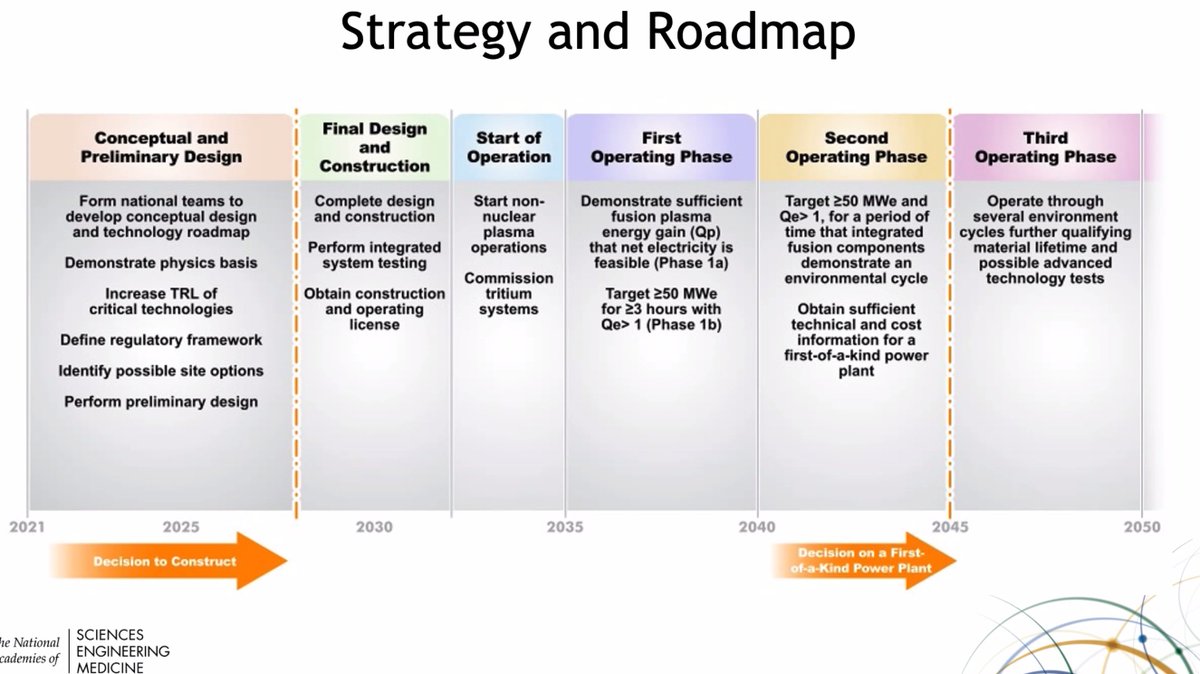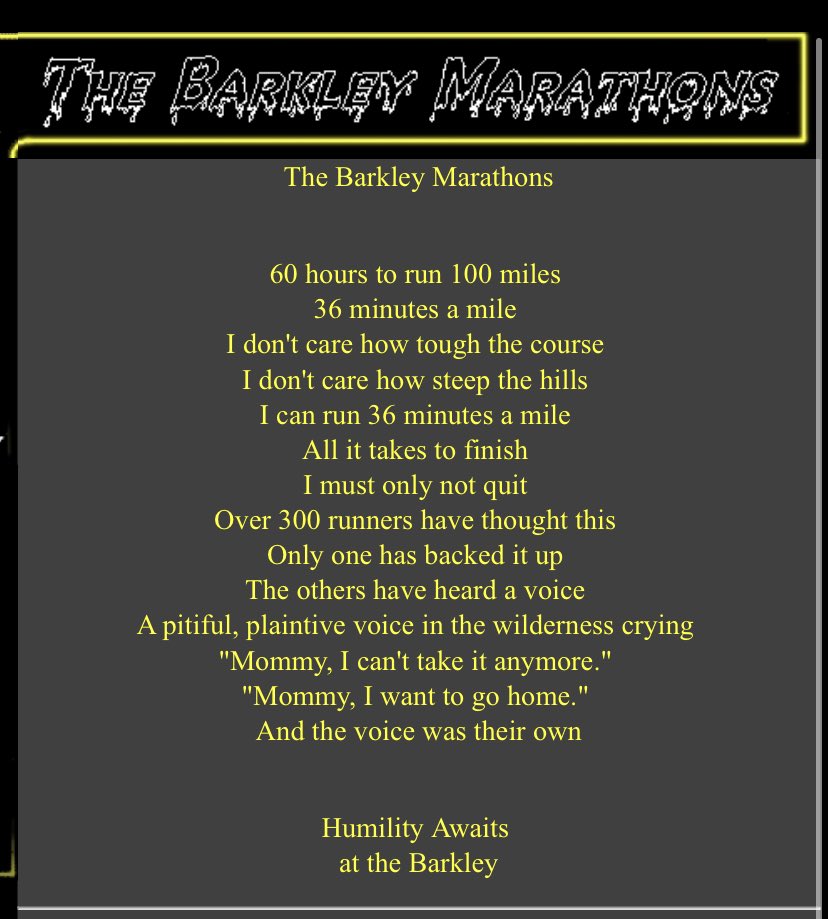I’m not a scientist, so obviously do correct me if I’m wrong. (Heck, this is twitter, I don’t need to ask that do I?)
BUT a virus doesn’t mutate in *nothing*, does it, it doesn’t mutate when it’s on the handle of the supermarket door or even in the air you’ve just breathed out.
But what did we do?
And you’ll never guess what’s happened now!
IT FUCKING ADAPTED.
And if a fool like me, whose weakest science was biology, who didn’t take it any further than GCSE, could see this, why couldn’t they?
More from Twitter
I bookmark everything that looks interesting and go there when in need of inspiration.
This is a thread-recap of the best-saved tweets from 2020 (for me at least) and what you can steal from each one. 🧵👇

The year chart by @jakobgreenfeld
What to steal: the idea and the design
Create a chart with the key moments of your growth. It's a great reflective exercise for you and it can be a great learning experience for your
Here's roughly how I grew from 0 to 1400 followers in 4 months. pic.twitter.com/NqY54cWXpC
— Jakob Greenfeld (@jakobgreenfeld) December 15, 2020
Let's collaborate by @aaraalto
What to steal: the idea.
Creating a blank piece of content (could be a sentence, a design, a video...) that your audience can later
Let's collaborate
— Aaron Aalto (@aaraalto) December 17, 2020
Step 1: Take this image
Step 2: Be creative with it
Step 3: Reply with your creation pic.twitter.com/xCcCShLvdI
Advice to first-time info product creators by @dvassallo
What to steal: the insight
This tweet was one of the sparks for me writing the Twitter Thief ($1,3k revenue says it's good
My advice to first-time info product creators:
— Daniel Vassallo (@dvassallo) July 26, 2020
1. Start with a very small product.
2. Choose a topic you know well that will almost write itself. Avoid doing research.
3. Timebox production to 2 weeks.
4. Charge $10.
5. Promote it!
All the lessons are in #5. Best of luck!
How to be a better writer by @JamesClear
What to steal: the insight
A world-class writer giving free writing lessons. The tweet is from 2019 but I discovered it this
How to be a better writer:
— James Clear (@JamesClear) July 5, 2019
-write about what fascinates you
-make one point per sentence
-use stories to make your point
-cut extra words like \u201creally\u201d and \u201cvery\u201d
-read the whole thing out loud
-post publicly (you\u2019ll try harder when you know others will read it)
What else?
You May Also Like
A thread 👇
https://t.co/xj4js6shhy
Entrepreneur\u2019s mind.
— James Clear (@JamesClear) August 22, 2020
Athlete\u2019s body.
Artist\u2019s soul.
https://t.co/b81zoW6u1d
When you choose who to follow on Twitter, you are choosing your future thoughts.
— James Clear (@JamesClear) October 3, 2020
https://t.co/1147it02zs
Working on a problem reduces the fear of it.
— James Clear (@JamesClear) August 30, 2020
It\u2019s hard to fear a problem when you are making progress on it\u2014even if progress is imperfect and slow.
Action relieves anxiety.
https://t.co/A7XCU5fC2m
We often avoid taking action because we think "I need to learn more," but the best way to learn is often by taking action.
— James Clear (@JamesClear) September 23, 2020






















